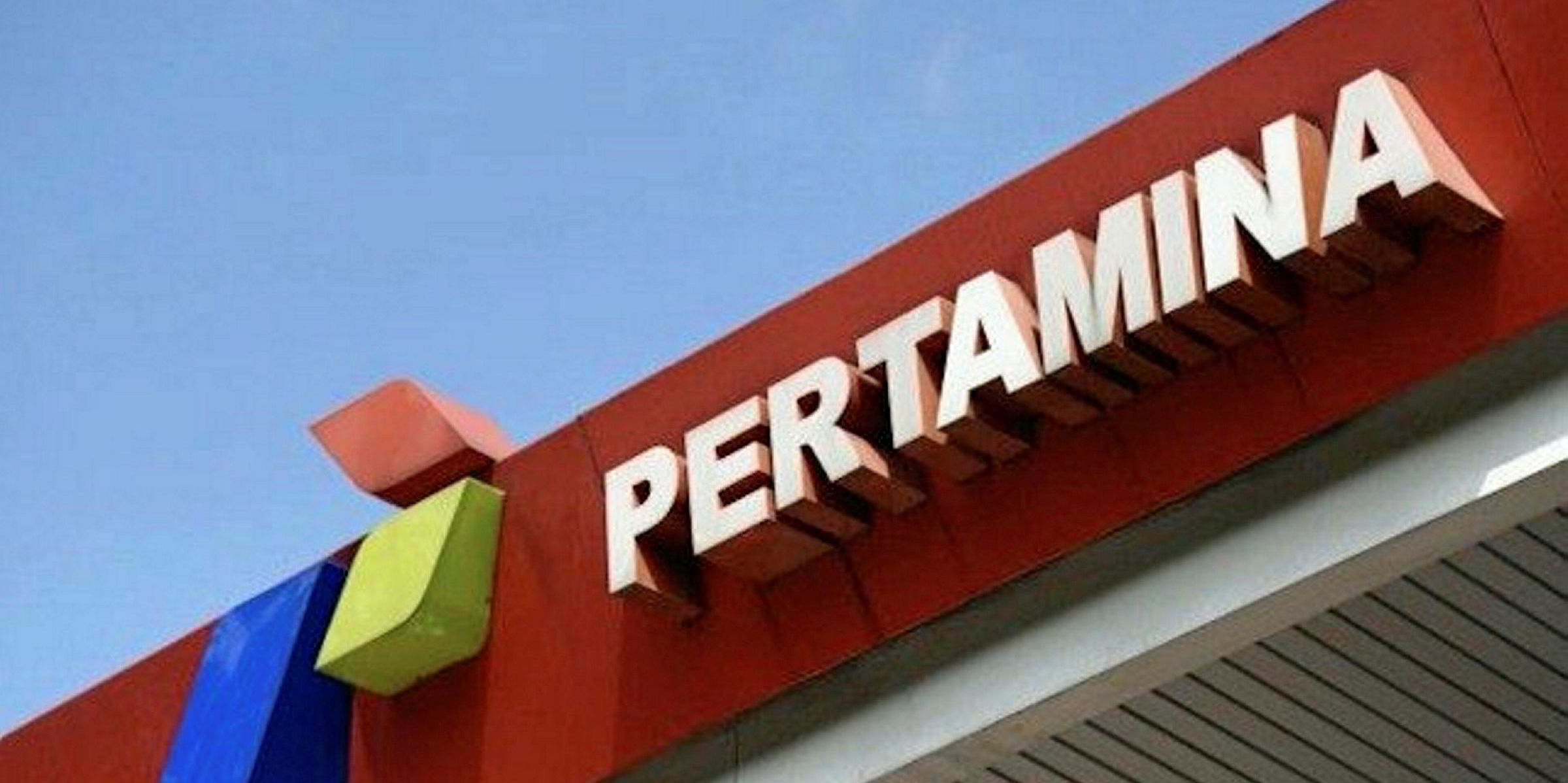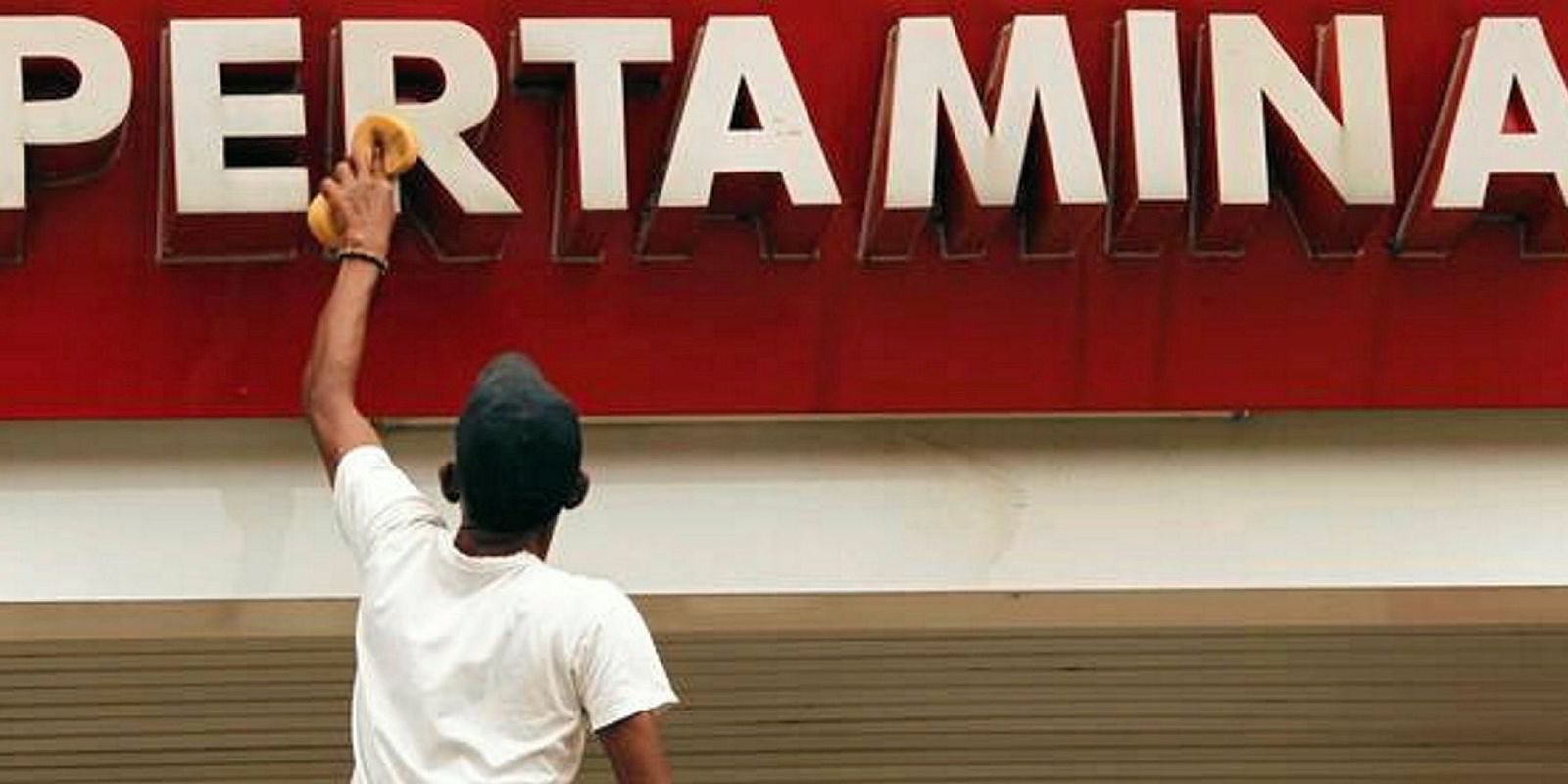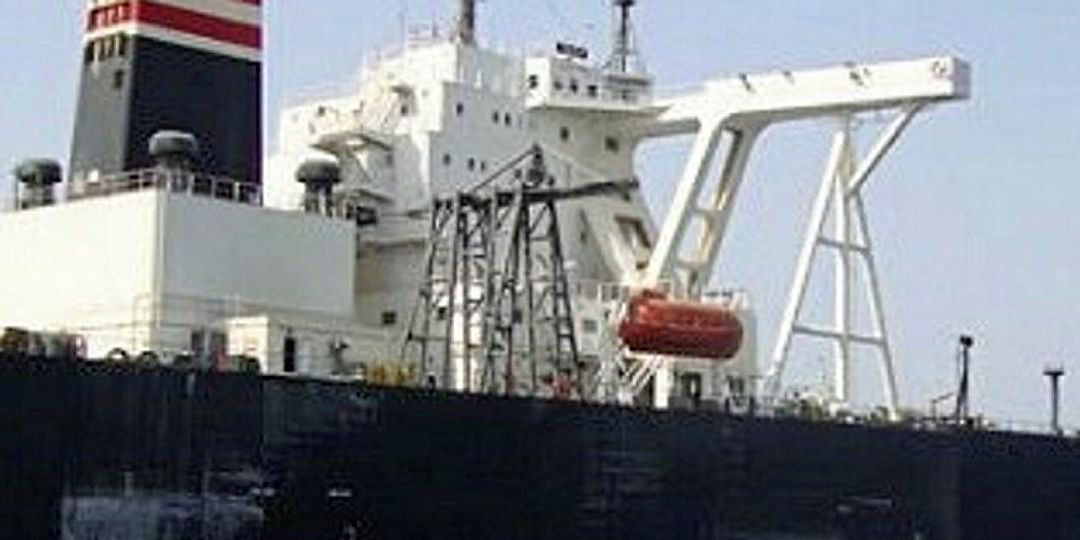Indonesia’s state-run Pertamina is seeking to expand its tanker fleet to take advantage of the benefits of free-on-board (FOB) cargoes and reduce its dependence on chartered-in tonnage.
TradeWinds first reported last week that brokers were linking Pertamina to the 299,980-dwt Toba (built 2004), and the 45,902-dwt Challenge Polaris (built 2010) and Challenge Paragon (built 2009) in the NYK Line fleet.
An industry source with knowledge of Pertamina’s shipping operation said it is looking to acquire crude and product tanker tonnage after switching its procurement strategy to focus more on FOB cargoes to meet the country's import requirement.
Falling domestic output
The former Opec member imports large quantities of crude and products to supplement its dwindling domestic crude output and insufficient refining capacity.
Oil production in South East Asia’s largest economy is set to fall to 610,000 barrels per day (bpd) in 2023 from 850,000 bpd in 2017, according to the International Energy Agency. Oil demand is predicted to increase to 1.92 million bpd from 1.6 million bpd.
As Indonesia is also expanding domestic refinery capacity at locations including Tuban and Balikpapan, net crude imports are expected to surge to more than 700,000 bpd from 50,000 bpd.
Oil end-users who procure FOB cargoes can potentially enjoy lower freight costs and greater operational flexibility, even if additional investment in capacity is required to lift the oil.
Oil production in Indonesia is predicted to fall to 610,000 barrels per day (bpd) in 2023 from 850,000 bpd in 2017
Oil demand is expected to increase to 1.92 million bpd in 2013 from 1.6 million bpd in 2017
Net crude imports are expected to surge to more than 700,000 bpd from 50,000 bpd as additional refining capacity comes onstream
According to market sources, Pertamina has been seeking to reduce the need to charter in tonnage by owning more ships.
In addition, using its own ships would allow Pertamina to store oil onboard for a short period of time before discharge without paying demurrage fees, an advantage which could be pronounced at congestion-prone ports.
Shipping subsidiary
In order to manage its shipping operation more efficiently, Pertamina last year established subsidiary Pertamina International Shipping (PIS).
PIS initially received four modern product tankers and a floating storage and offloading unit from its parent, before earlier this year assuming the ownership of the 303,430-dwt VLCC Taga (built 2004) and renaming it PIS Pioneer.
If the latest reported vessel deal is correct, those tankers will likely join the PIS fleet, sources said.
While Pertamina usually prefers to keep technical management of its ships in-house, the PIS vessels have all been given over to international ship managers, including Bernhardt Schulte and V.Ships.
When there is no immediate shipping requirement from its parent, sources said PIS is seeking to trade in spot markets and using international managers to increase the marketability of its ships among international oil and commodities traders.






